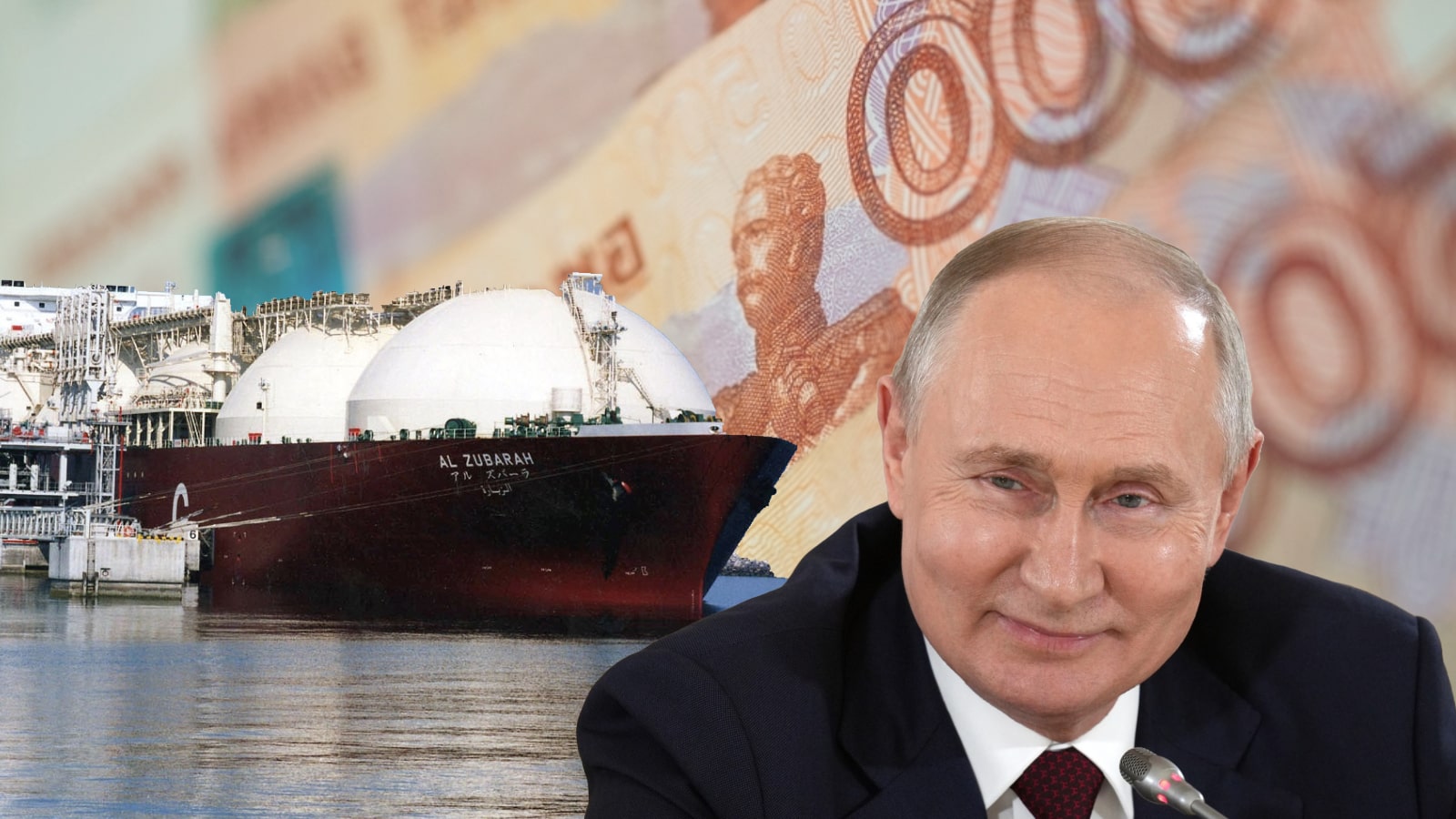Brussels’ energy sanctions against Russia continue to be ineffective, in large part due to help from its supposed ally in Turkey.
In 2023, Ankara became the largest buyer of Russian crude oil, natural gas, and coal, with imports worth €42.2 billion, writes Martin Vladimirov from the Center for the Study of Democracy, for Portfolio.hu.
And while the EU and the G7 countries have banned Russian crude oil imports, he continues, European countries have no problem purchasing large quantities of oil from Turkey, with apparently no regard to its country of origin.
“In March, sipping tea on a terrace in Istanbul, I watched as at least four tankers – later identified using open-source shipping websites – transported Russian crude oil and refined oil products through one of the busiest shipping hubs in the world over the course of two hours,” Vladimirov writes.
The EU ban on Russian refined petroleum products and the G7 price ceiling came into effect in February 2023, and between then and February 2024, EU imports of petroleum products from Turkey increased by 107 percent, with member states importing 5.16 million tons of petroleum products worth 3.1 billion euros via Ceyhan, Marmara Ereğlisi and Mersin — Turkish ports hardly known for their refining capacity.
While Turkey’s domestic consumption of oil products has barely increased, the country imported twice as much oil from Russia in 2023, worth 17.6 billion euros. This provided Russia some 5.4 billion euros in tax revenue for Putin’s war front in Ukraine.
Russia is also getting around sanctions on liquefied natural gas (LNG), says Olivér Hortay, the head of Századvég’s climate and energy policy department. He added that this started even before the European Union accepted the 14th sanctions package, which included the re-export of LNG. Over the past year, Russian-linked companies registered in the United Arab Emirates began to acquire ships capable of transporting LNG.
According to the shipping risk analysis company Windward, since the second quarter of 2023, more than 50 such ships are now owned by companies registered in the Emirates, often via an obscure ownership structure. Developments in the LNG tanker market “point to a complex network of maritime operations linked to Russian interests,” stated shipping watchdog Kpler, as quoted by Magyar Nemzet.
The climate expert, Hortay, further claimed that a CEO of one of Norway’s biggest LNG companies has said that Brussels’ intention to further tighten sanctions is “pointless” because if shipments to the European Union were banned, Russia would be able to sell to other buyers, such as India or China.
“Doing the same thing over and over again, but expecting different results, is a sign of insanity,” he quoted the oft-cited saying. So when will the EU learn?
The European Council has just extended its measures against Russia by another six months, meaning they will be in effect until Jan. 31, 2025. And after its 14th package was passed this June, Finnish Foreign Minister Elina Valtonen announced that work on a 15th would “start immediately.”
Perhaps all hope for logic is lost.






